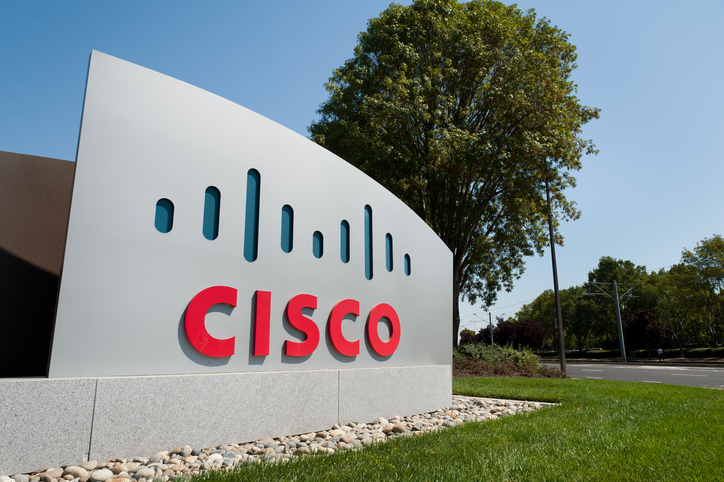12 August 2004 Software giant Microsoft has announced plans to rollout a low-cost version of its Windows XP operating system in three South-East Asian markets, a move aimed at fighting off the rising threat posed by open source rival Linux.
| |
|
Microsoft will offer a localised, stripped-down Windows XP Starter Edition to PC makers in Indonesia, Malaysia and Thailand in October as part of a one-year pilot programme.
The move is in response to the rising popularity of Linux that PC makers in the region are using to legitimately cut the prices of their products. Sales of Windows in such countries are also affected by rampant piracy.
However, the stripped-down Windows XP has been criticised by techies and dubbed ‘crippleware’ because of a number of limitations that Microsoft will build in to the software.
For example, it will not be able to run more than three applications at a time, a screen display limited to no more than 800 by 600 pixels, no support for home networking, sharing printers or features such as the ability to establish multiple user accounts on a single PC.
Microsoft has yet to set a price for the new product, but says that it will be ‘the most affordable operating system to date’. Analysts have suggested a figure of about $30.
Microsoft developed the Windows XP Starter Edition after an initiative by the Thai government to make cheap PCs available to its citizens. Because Microsoft refused to cut its prices, the government mandated Linux instead, forcing a swift u-turn from the software giant.
While pirated copies of Windows XP are easily and cheaply available across South and South East Asia, Microsoft’s move may put a break on government’s migrations to Linux across the region. It will also help Microsoft to pull PC builders in the region into its ‘eco-system’ – and away from open source software.









